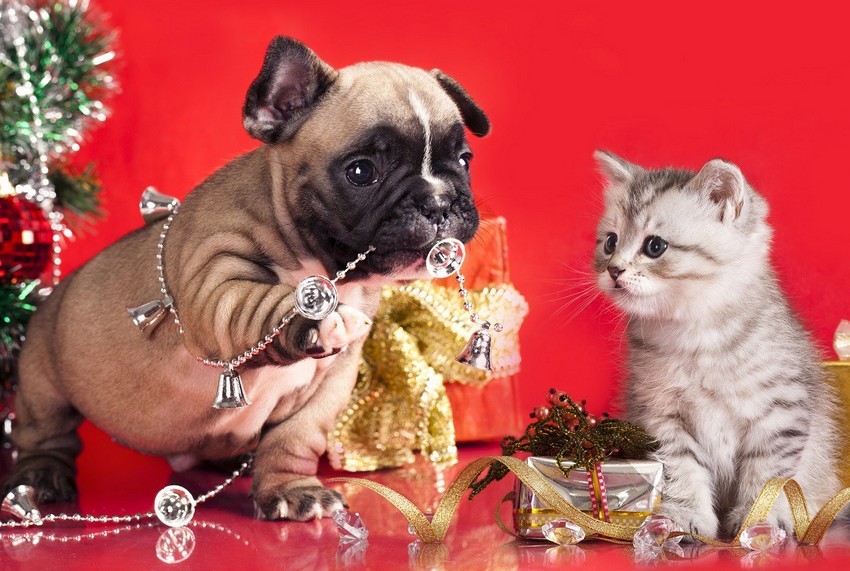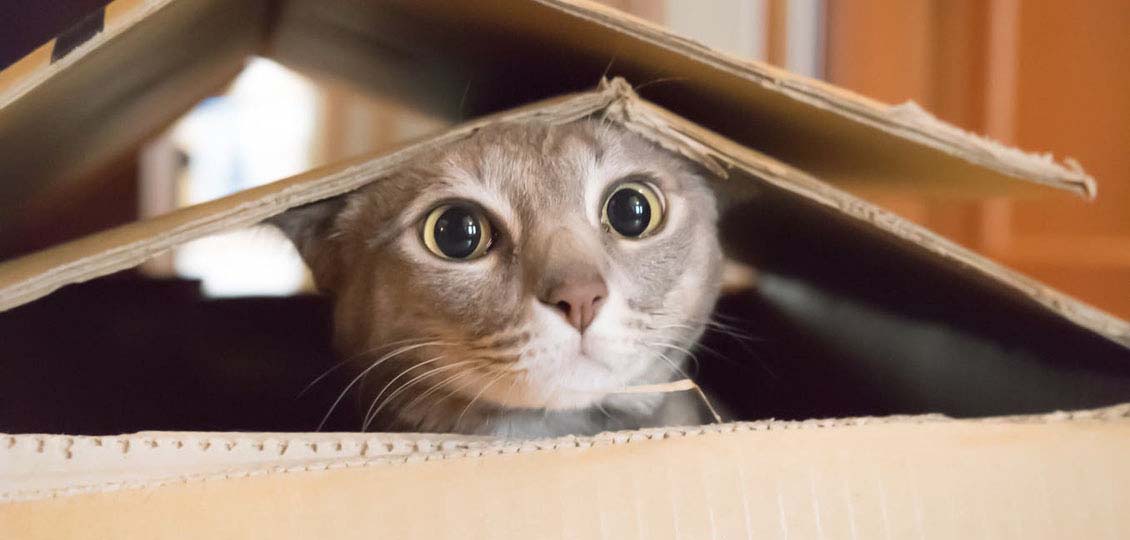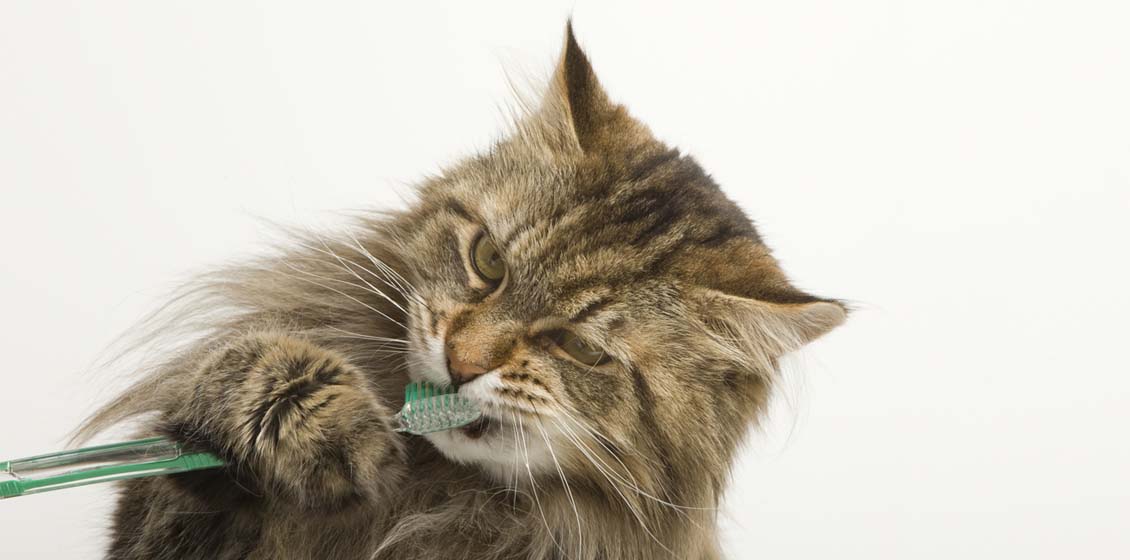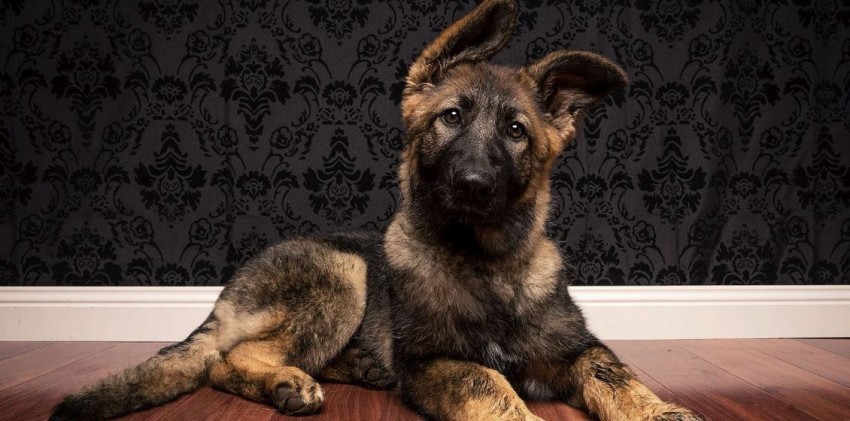If the cat does not eat a few days
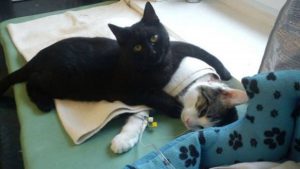 Often, cat owners are faced with the fact that their pet loses its appetite and refuses to feed. If this is a single case and the appetite is quickly restored, then there is no cause for concern. But what if the animal does not eat for several days? The answer is unequivocal: the best thing you can do in this case is to show the animal to the doctor, who will conduct the examination and find the cause of the problem with appetite.
Often, cat owners are faced with the fact that their pet loses its appetite and refuses to feed. If this is a single case and the appetite is quickly restored, then there is no cause for concern. But what if the animal does not eat for several days? The answer is unequivocal: the best thing you can do in this case is to show the animal to the doctor, who will conduct the examination and find the cause of the problem with appetite.
A cat may refuse to feed for the following reasons:
Heat. At this time, especially for the first time, the cat “listens” to the changes occurring in its body, therefore a temporary loss of appetite at this moment is quite natural.
Heat. In conditions of high air temperature, especially when it is not sufficiently injected, animals are as hot as people. They lose their appetite and for the most part only drink water.
Switch to an unusual feed or type of food. At first, the cat may be “capricious” and refuse from new food in the hope that it will get its usual food.
Pilobezoar. Cats with a long coat when licking themselves can swallow wool and hairs, which in the stomach gradually huddle together in a tight clump. Lack of appetite for this reason may continue as long as the animal doesn’t belch the bezoar.
Unknown situation. Often, the cat stops eating when moving to a new place. Appetite is gradually improving as the animal fully examines the situation and gets used to it.
Noisy environment. During the holiday festivities in the house, when the guests are noisy, the animal may become frightened, lose calm and, as a result, appetite.
The age of the animal can also affect the level of appetite – as the cat’s metabolism slows down, its appetite decreases, especially if it is sterilized.
If in the above cases, external factors that are not related to the disease cause loss of appetite, then in the following cases, the veterinary assistance becomes necessary:
Somatic diseases. Often accompanied by the animal’s refusal of food, dry nose, fever and other painful symptoms. These may be pathologies of the respiratory organs, stomach, liver, kidneys, etc.
If the cat is experiencing some kind of pain, it also does not give it an appetite.
The presence of worms, fleas. Infection with parasites often causes the animal to refuse food.
Food intake in an animal can interfere with the defeat of the oral mucosa, tooth disease.
If your cat has not eaten for several days, do not take risks and entrust its health to specialists. The animal’s prolonged refusal of food is an alarming symptom requiring a complete diagnosis. At the veterinary clinic in Minsk, doctors will examine your pet and determine the exact cause of his or her indisposition.
